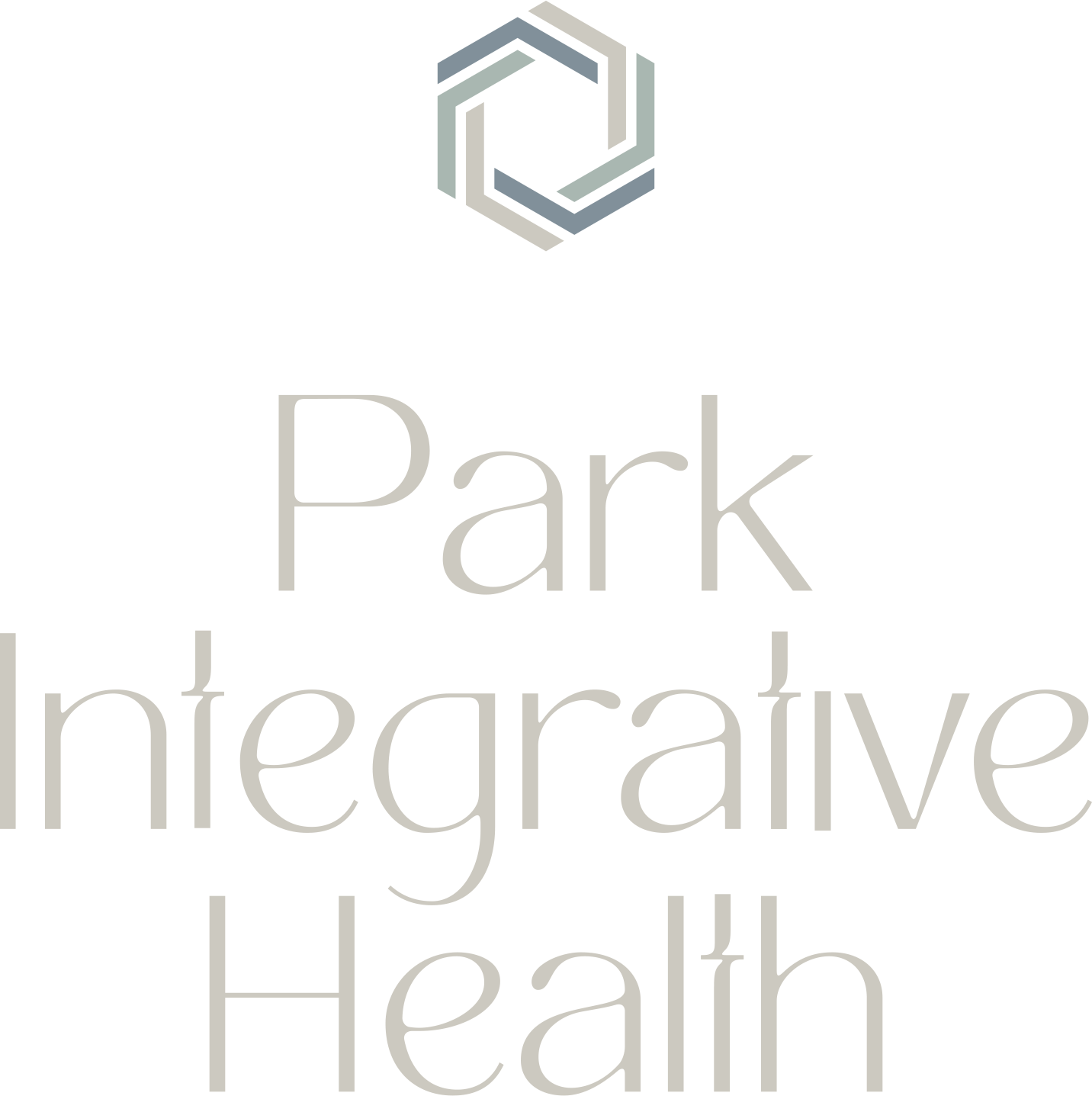Three surprising benefits of physiotherapy you may not know about
At Park Integrative Health and Synapse, we believe in empowering our community with knowledge that supports holistic well-being. While many of us typically associate physiotherapy with post-injury recovery, its benefits extend far beyond, including areas of preventative care and non-muscular and bone health.
To highlight some of the lesser-known benefits of physiotherapy, we thought we’d poll our physio team about what they think are the most unknown benefits of physiotherapy. Drum roll, please… Here are three evidence-based advantages of physiotherapy that might surprise you:
1. Enhancing cognitive function
While physiotherapy is often associated with physical rehabilitation, emerging research reveals its significant role in boosting cognitive health among older adults. Engaging in regular physical activity through the guidance of a physiotherapist can lead to improvements in memory, attention, and executive functions.
A study published in the Journal of Aging and Physical Activity¹ found that older adults participating in structured physical therapy programs exhibited notable enhancements in cognitive performance, particularly in tasks requiring executive control and memory retention. These findings suggest that physiotherapy not only aids in physical recovery but also contributes to maintaining and improving mental acuity in aging populations.
Another study in the American College of Sports Medicine² highlights that higher levels of physical activity are associated with a reduced risk of cognitive decline. Their research indicates that adults engaging in regular physical activity have a 38% lower risk of cognitive decline compared to their less active counterparts. This highlights the importance of incorporating physiotherapy into routine healthcare for older adults, supporting both their long-term physical and cognitive well-being.
2. Supporting mental health
Did you know physiotherapy can extend beyond physical rehabilitation? Physiotherapy also plays a crucial role in mental health care³. Physiotherapists adopt a holistic approach, recognizing the intricate connection between physical and mental well-being. By addressing physical symptoms such as chronic pain, fatigue, and muscle tension, physiotherapy can alleviate psychological distress, including anxiety and depression.
At Synapse by Park Integrative Health, our physiotherapist team is trained to identify signs of mental health issues and collaborate with other healthcare professionals to provide comprehensive and integrative care. Through personalized exercise programs, relaxation techniques, and patient education, physiotherapy empowers patients to manage their mental health effectively. This integrative approach not only enhances physical function but also fosters emotional resilience and overall well-being.
3. Improving sleep quality
Regular physiotherapy sessions can play a pivotal role in improving sleep quality, especially for individuals experiencing chronic pain. A systematic review and meta-analysis published in Sleep Medicine Reviews⁴ found that physical therapy interventions significantly improved sleep quality in patients with chronic pain conditions. The study highlighted that addressing physical discomfort through targeted physiotherapy not only alleviated pain but also led to better sleep outcomes, emphasizing the interconnectedness of physical rehabilitation and restorative sleep. And we all know how important sleep is to our overall health and well-being!
——————
Understanding the diverse applications of physiotherapy can open up new treatment options you may not have considered. At Park Integrative Health and Synapse, we're dedicated to providing comprehensive care tailored to your unique needs. If you or a loved one could benefit from these therapies, we're here to guide and support you on your wellness journey.
You can book a consultation with one of our talented physiotherapists here.
Supporting sources
¹ National Library of Medicine
² ACSM

